Hawkmoth Flight
Insects called hawkmoths eat enormous amounts of sugar, but they don’t use it all for energy.

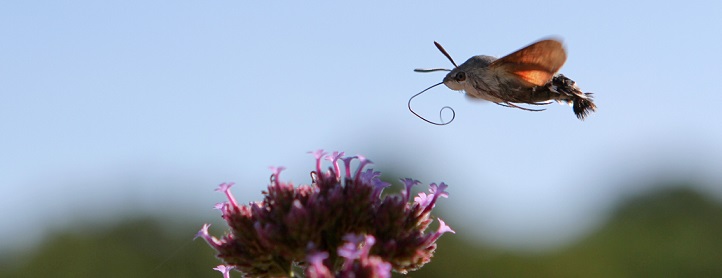
Insects called hawkmoths eat enormous amounts of sugar, but they don’t use it all for energy.
“Talk pedometers” measure how many words children hear throughout the day in the home.

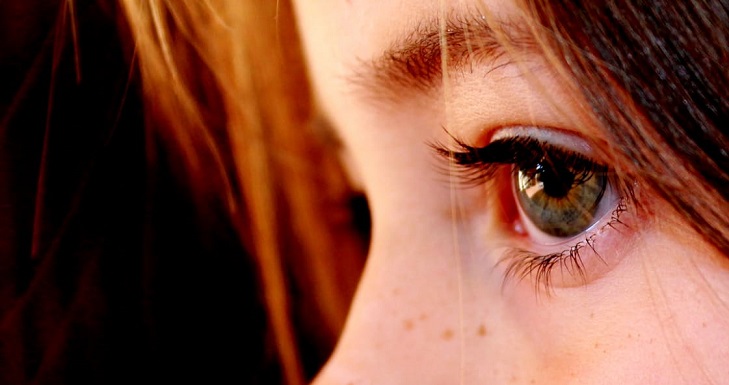
Gender stereotypes about extreme intelligence take hold in the early school years.
Objects like blankets and stuffed animals can theoretically spread illnesses, but it’s unlikely.

A Science Update listener asks if sitting too close to the television can hurt your eyes.

Could teenage binge drinking have effects on the next generation, even if they’re never exposed to alcohol?

New research shows that gifted and talented programs overlook qualified black and Hispanic kids.

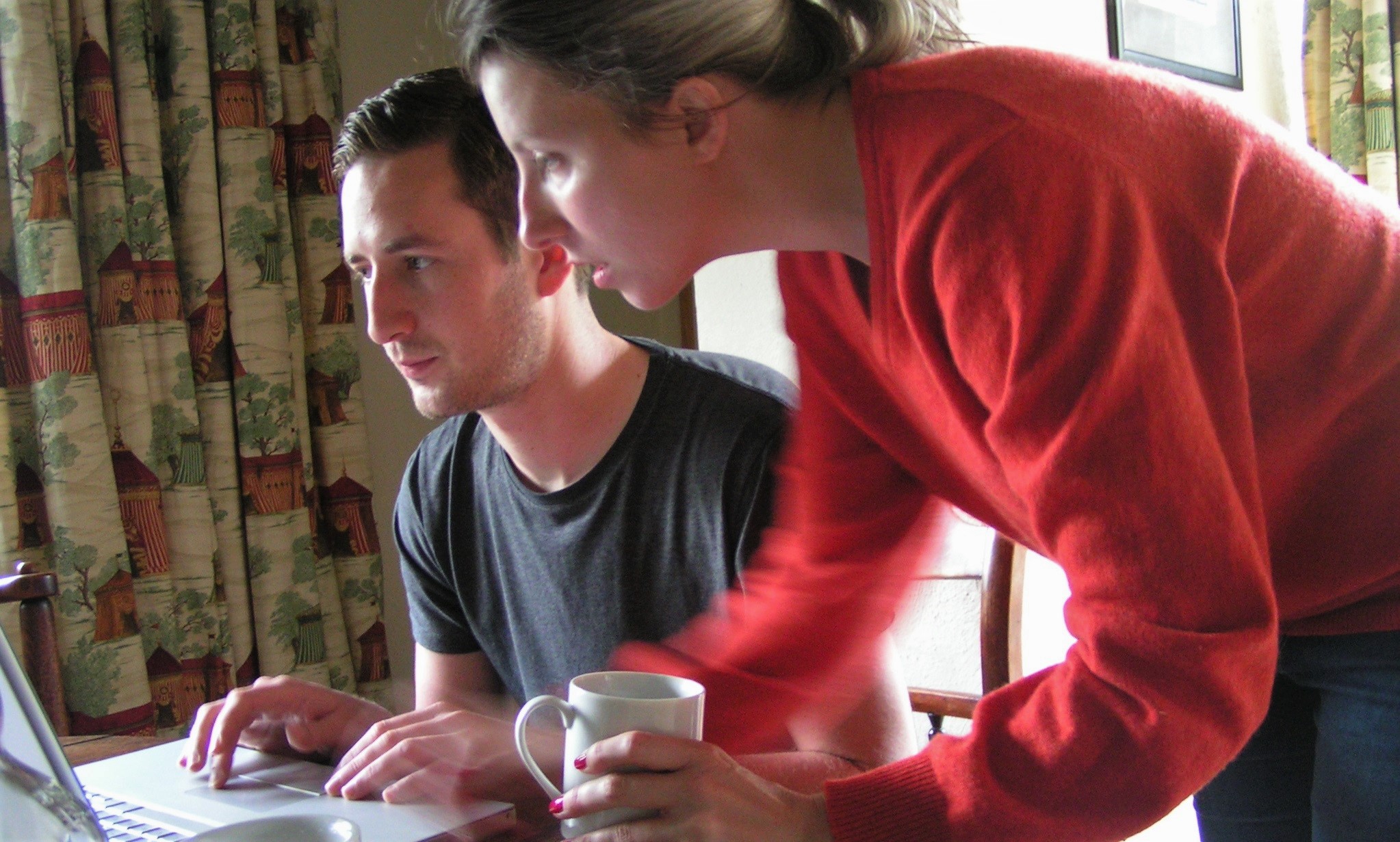



Scientists pinpoint two genes that help explain why fraternal twins are common in some extended families and not in others.

A new study suggests musical games with their parents could not only boost babies’ musical development, but could help them recognize speech patterns, too.
A little empathy goes a long way when it comes to improving discipline problems in school.
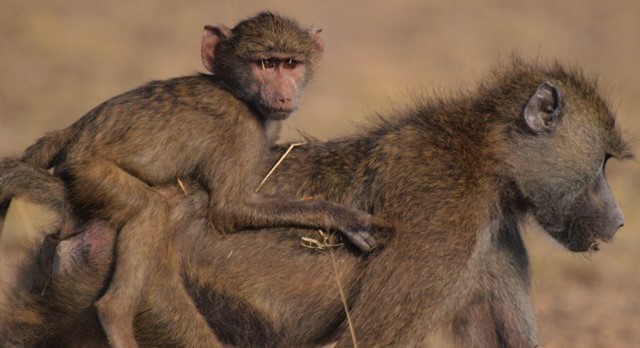

Variations in a fear-controlling brain circuit could be a factor in adolescent anxiety disorders.
Research suggests that children can’t filter out noise the way adults can, with profound implications for learning.

Research suggests that children can’t filter out noise the way adults can, with profound implications for learning.
Baby teeth fall out eventually. But that doesn't mean cavities in baby teeth should be ignored.
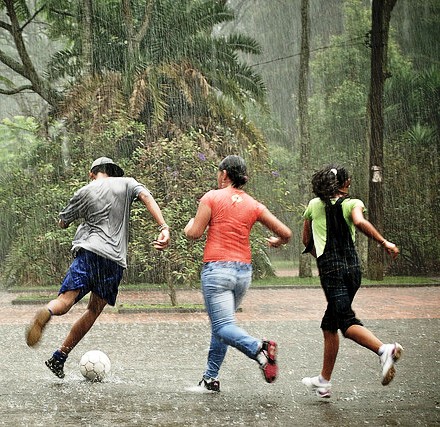
Enlisting the help of influential students to reduce bullying and other conflict in schools.
A project that restores sight to blind people in India is highlighting the resiliency of the human brain.
